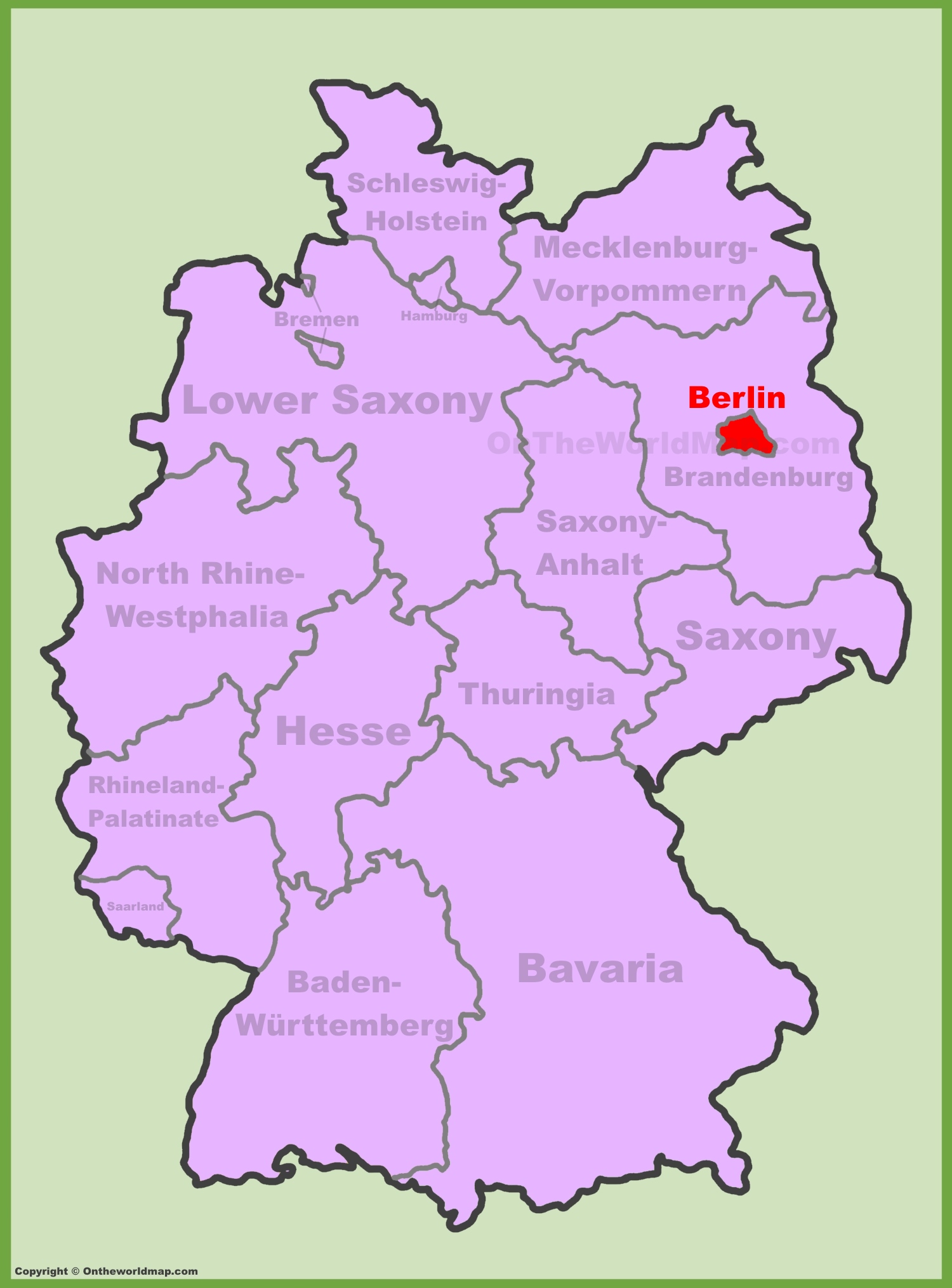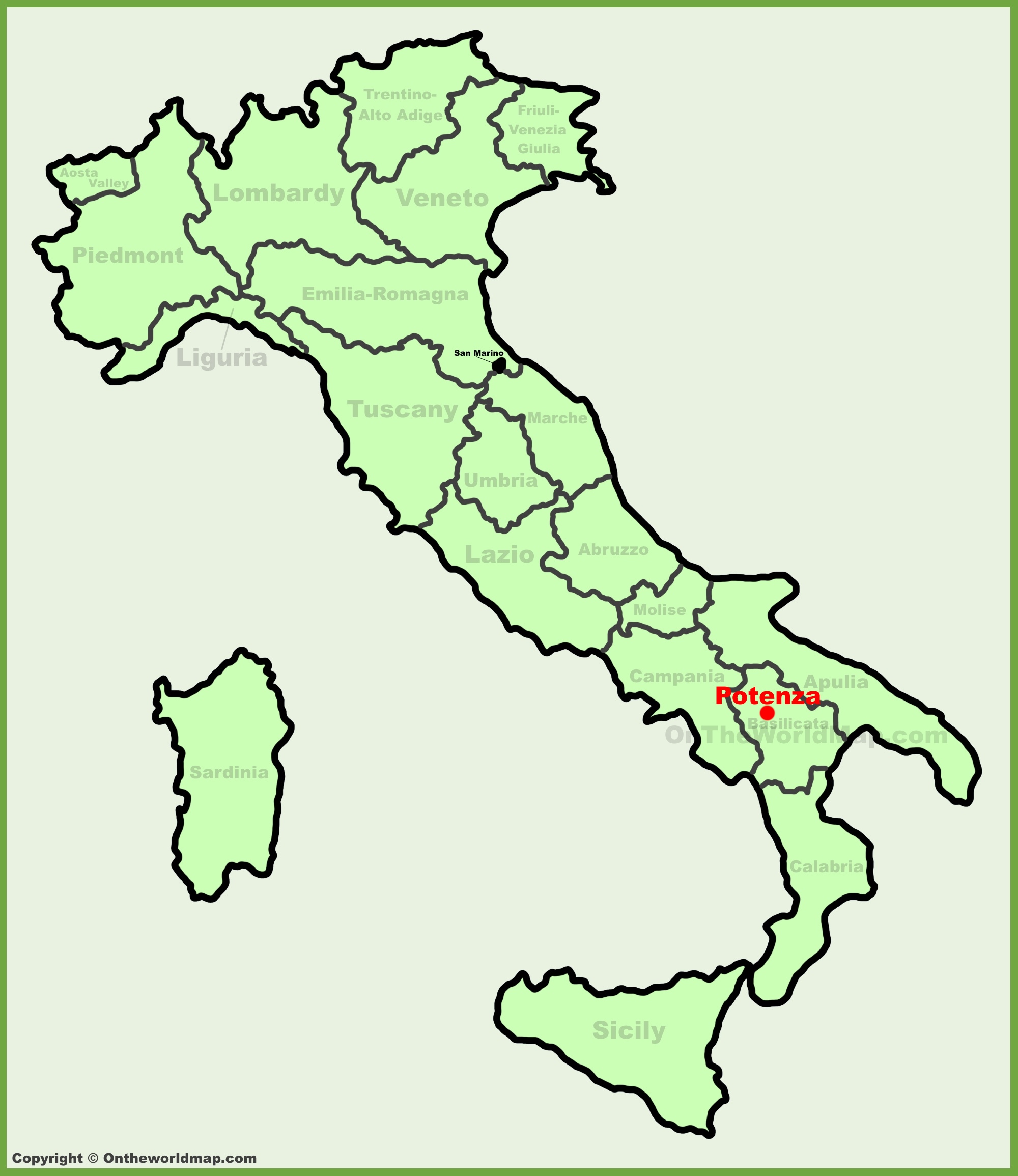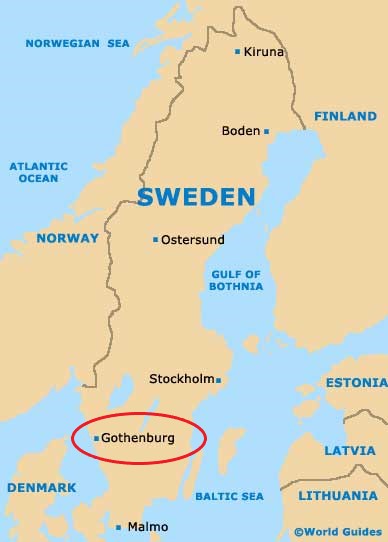Third transnational partner meeting (Gothenburg, Sweden)
EKO participated actively in the 3rd transnational partner meeting of SCRCE, monitoring the progress of the cross border circular economy…
“Sustainability through Cross Border Circular Economy (SCRCE)” is an Erasmus+ KA205 which focuses on investigating the move from the traditional Linear Economy to a Circular Economy in order to successfully achieve the SDG 12 of the United Nations.
The traditional Linear Economy is a theoretical approach to seeing the economy as a process that takes any resource – makes it into a product – sells it – buys and uses it – disposes. Thus, it has clear starting and ending points.
The idea of a Circular Economy intends to “close the loop” & or economy and planet as an organism. It is motivated to explore possibilities to cut wastes, leakages and inefficiencies, as well as to recycle within each step and inbetween. The objective is to reduce waste, however not to influence consumers, i.e. they can keep the same standards and quality of life.
The main principle of this idea is to reuse waste and to gain new raw materials in order to realize an autarkic provision of the economy with raw materials in order to avoid the exploitation of new natural resources due to the negative impact on the environment resulting from such an exploitation. There might be the ideological model of autarkic communities which are able to live self-sufficiently but in reality everybody and each community depends on others. A model of sustainable economy gets very complicated and therefore is often reduced to such simple, local models of small autarkic communities. This thinking includes also the reuse of waste streams. In the simple model a circular economy is easily described as a relative homogeneous output which can be related to a relative homogeneous input or to very specific products. Nevertheless the ideas how to reach a sustainable economy are based on simple models leading to develop goals like the SDG 12 for a responsible consumption and production including the goal to strive for a circular economy. Attempts to realize circular economy have led to various measures on national and EU level in ways that leave ideology aside like very vague defined recycling rates. Anyway with such a kind of measures the lawmakers worldwide avoid the use of real definitions and visions how a circular economy or the implementation of SDG 12 should look like. They shift the responsibility to solve this very essential problem of mankind to „free“ citizens, even if many of them deny some basic human rights. A huge obstacle to develop a more complex model for reaching a circular economy seems to be that the principles of the concept of a circular economy depend very much on the cultural background of people in different countries and settings. There seem to be differences between nations on how people imagine to realize a circular economy. Nevertheless products and waste do cross borders and therefore nations are not able to live without dependencies from other nations – if so only on a very low economical level which is wanted to overcome by realizing the SDGs.
In order to realize the principles of a circular economy and therefore the achievement of the SDG 12 an international discussion has to be started with input from people from different settings. This means that partnerships for the goal to discuss these matters are needed which corresponds to the SGD 17. Therefore our project intends to contribute to the SDG 12 by pursuing the SDG 17. due to the complexity of creating a cross border circular economy we won’t be able to create it with our project, but we would be able to contribute to it by creating awareness about the obstacles among stakeholders and exchange methodological good practices organized by the partners in their respective countries train them on how to approach the problem in order to accelerate international solutions that deserve to be called measures on a way to realize a real circular economy.
 |  |  | |
| 1st TPM (Potenza) | 2nd TPM (Gohenburg) |
A more sustainable world!
“where the value of products, material and resources is maintained in the economy for as long as possible, and the generation of waste minimised”
(EU Commission, 2018)
Find more information on our partners by clicking on the links below:
EKO participated actively in the 3rd transnational partner meeting of SCRCE, monitoring the progress of the cross border circular economy…
The Kick-off meeting in Berlin hosted by NGO Nest Berlin was a great success! Keep updated & find all updates…
CONTACTS